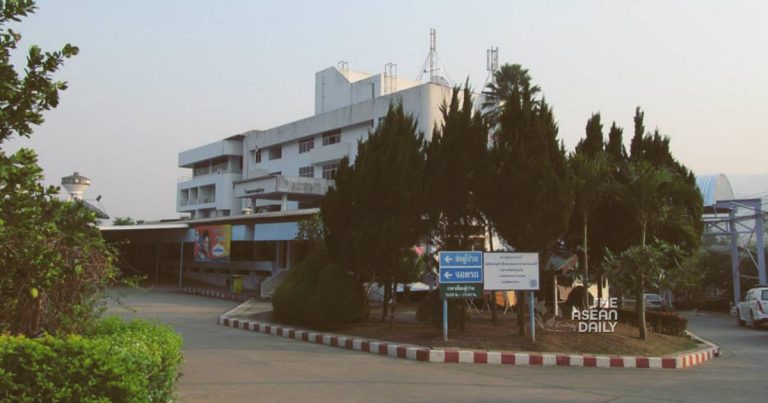11-8-2023 (BANGKOK) In a demonstration of solidarity and compassion, Thailand’s Ministry of Public Health has allocated a substantial sum of 20 million baht to Umphang Hospital in the Tak province. This financial aid aims to alleviate the mounting financial strain faced by the hospital due to an escalating influx of migrants seeking refuge from the turmoil in neighbouring Myanmar.
The challenges that Umphang Hospital has encountered in recent times have led to a surge in operational costs, significantly impacting its financial stability. As a result, the hospital has grappled with a deficit of 40 million baht, a situation elucidated by Dr. Opas Kankawinpong, the unwavering permanent secretary of the ministry.
With a fervent commitment to finding comprehensive solutions, Dr. Opas Kankawinpong articulated that officials have been directed to meticulously examine the circumstances faced by local hospitals situated along the Thai-Myanmar border. The primary objective of this investigation is to determine if these healthcare institutions are navigating analogous challenges as Umphang Hospital. By identifying common threads, the ministry aspires to formulate pragmatic strategies that can be tailored to each hospital’s unique context.
Umphang Hospital stands as a participant in the “One Province One Hospital” initiative, an innovative scheme wherein hospitals within specific health districts collaborate by sharing invaluable resources, medical personnel, and financial allocations. This symbiotic model is designed to engender collective support, underscoring the unity that can flourish within the healthcare ecosystem.
Echoing the sentiments of this altruistic initiative, Dr. Worawit Tantiwattanasap, the director of Umphang Hospital, elucidated that the institution is grappling with an unprecedented challenge this year. For the first time in thirty years, the hospital finds itself confronted by a substantial deficit, largely attributed to the mounting expenses incurred while administering healthcare to migrant individuals hailing from Myanmar.
Notably, a quarter of migrant inpatients and half of those receiving outpatient care find themselves financially constrained, unable to meet the expenses associated with medical treatment. Dr. Worawit Tantiwattanasap underscored this poignant reality, shedding light on the financial burden borne by a significant portion of the hospital’s patient demographic.
The hospital has observed an influx of patients necessitating medical attention due to the escalating conflict within the border town of Kawkareik in the Karen state. Furthermore, the persistent malaria outbreak has augmented the demand for medical intervention. Dr. Worawit Tantiwattanasap expounded upon these critical dynamics, attributing the surge in migrant patients to the prevailing circumstances.
In an effort to mitigate the tide of migration to Thailand, Umphang Hospital has instituted a pioneering community isolation programme within Myanmar. This innovative initiative seeks to curtail the flow of individuals seeking refuge by offering essential healthcare services within their homeland. However, while this programme bears immense social significance, its operational costs cannot be recuperated from the public health ministry. This has inevitably contributed to a deficit within the hospital’s budget, underscoring the complexities faced in balancing altruistic initiatives with financial sustainability.
In a region that has historically grappled with fluid borders and evolving geopolitical dynamics, Thailand’s commitment to extending medical support to its neighbours stands as a testament to the nation’s compassion and human-centric ethos. Through collaborative efforts and strategic interventions, Umphang Hospital strives to provide dignified healthcare to those in need while navigating the intricacies of resource allocation and financial equilibrium.




